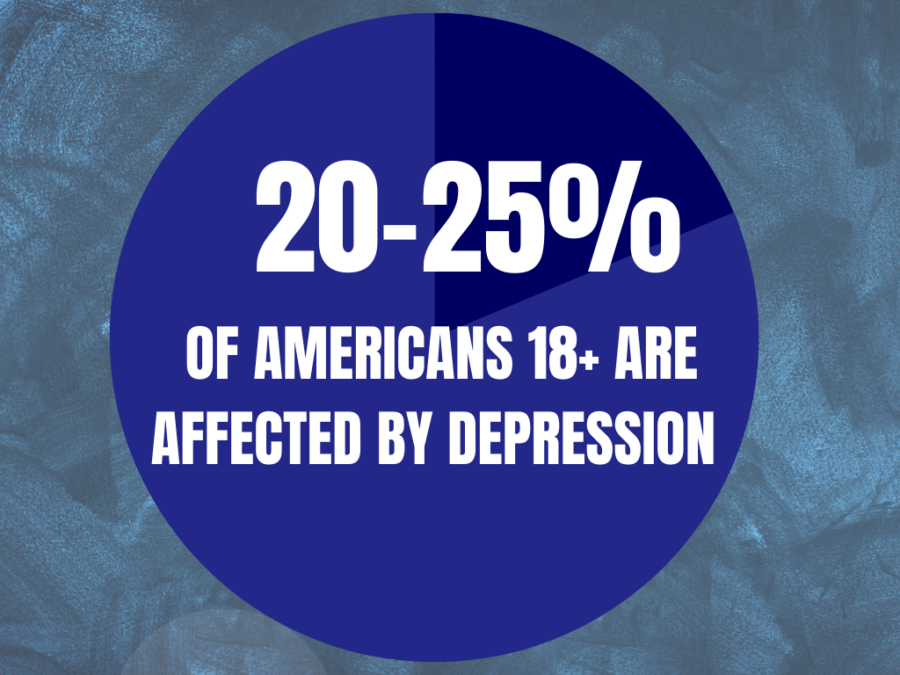 A lot of frustration can encroach the minds of people when they are starting to learn a new language. People are always looking for the fastest and most effortless way to learn a new language.
A lot of frustration can encroach the minds of people when they are starting to learn a new language. People are always looking for the fastest and most effortless way to learn a new language.
People will try everything from purchasing the most expensive language software to studying day and night until they get it.
The fact is, there are no alternatives when it comes to learning a new language.
“There are companies that advertise shortcuts, and they can help you get started, but they won’t make you fluent in a few months,” said Craig N. Bergeson, Spanish professor and department chair of the Foreign Languages Department at Weber State University.
According to Bergeson, there are three things that anyone who wants to be fluent in another language can do. Listen, read and practice.
“For me the most important thing is what we call comprehensive learning, listening and reading,” said Bergeson. He mentioned there are a lot of online resources that people can use to practice their listening of the new language and that it doesn’t have to be expensive. YouTube can be a significant help.
“There are wonderful things on Youtube. Little clips and dialogs, conversation that you can listen to,” said Bergeson.
Dave Alexander, a graduate student of WSU, said that listening to music and watching television in Spanish were some of the things he did to get more used to the language.
Lin Xin, a junior in WSU, used a similar approach.
“Watching movies with subtitles either in English or Chinese helped me a lot when I was learning English,” Lin Xin said.
Bergeson recommends to start off by reading children’s literature in the new language.
“When you get a little more advanced in your learning, you can start reading more sophisticated stories,” Bergeson said. Using the Internet to find newspapers in the new language can be a useful resource as well, he said.
Alexander said he has moved on from television and children’s literature.
“I read out loud different kinds of literature like poems in Spanish,” he said.
Practice can sometimes be the hardest part about learning a language, but it’s helpful.
“I acquainted myself with people whose native language is English, so I could practice with them,” said Lin Xin.
However, there are online resources where individuals connect with people from around the world and can talk to them to practice the new language.
One is called The Mixxer, which is an educational website for language exchange via Skype. This free educational website is introduced and hosted by Dickinson College, and according to the website, “is designed to connect language learners around the world so that everyone is both student and teacher.”
Learning a new language can be challenging and sometimes frustrating. It might also take a couple of years to be fluent, but it is becoming more and more important for people all around the globe to learn second languages.
“We live in a global society, and in order to understand each other, we need to speak each other’s language,” said Bergeson. “Learning a language allows you into another culture and allows you to think and see the world in a different way.”








